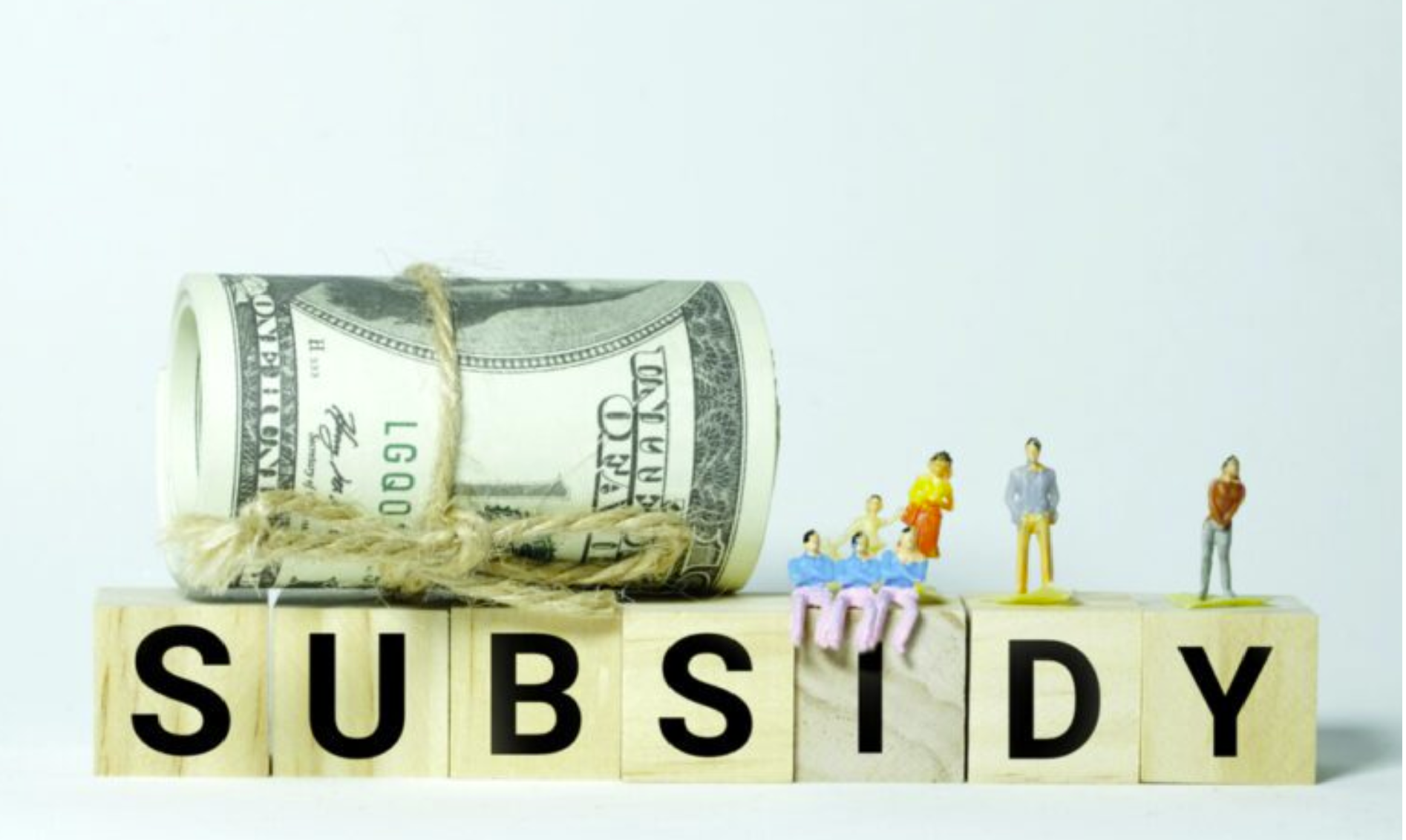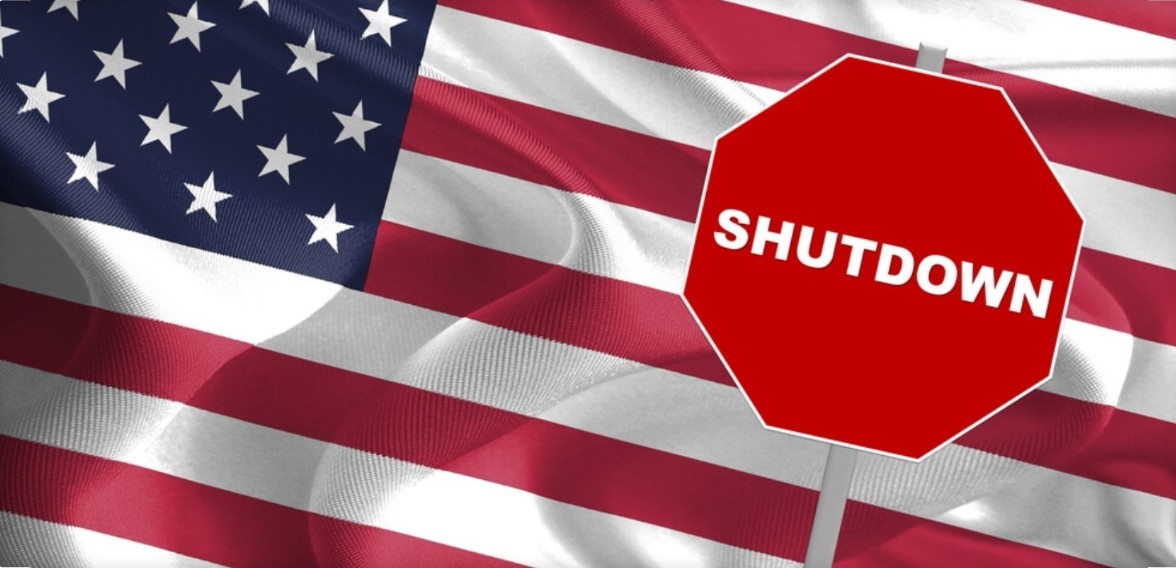The current ruling two-party duopoly is so ubiquitous that we take it as a given. We teach the “two-party system” in government classes. Taxpayers pay for their primary elections, notwithstanding that legally, parties are private associations. We have allowed the two ruling parties to institutionalize themselves in our political and governing systems. They get preferential ballot access and legislative committee assignments and camaign finance laws are rigged in their favor . . . . just to name a few of the advantages they are afforded.
Given this dominance, one might conclude that the two-party system arises from our constitutional roots. But in fact, the opposite is the case. Virtually every one of the Founding Fathers eschewed the idea of political parties and fretted over what might happen to the country if political parties were to come to dominate the country.
Let’s start with the Founding Father. Just before the end of his second term, George Washington wrote a letter to his “friends and fellow-citizens.” It was published in newspapers throughout the country and later came to be known as his Farewell Address.
Nearly a third of Washington’s address is devoted to warning his fledging country about the dangers of political parties and encouraging his fellow citizens to never allow political parties to gain control of the government. Here is part of what he had to say:

“[Political parties] serve to organize faction, to give it an artificial and extraordinary force; to put, in the place of the delegated will of the nation, the will of a party, often a small but artful and enterprising minority of the community; and, according to the alternate triumphs of different parties, to make the public administration the mirror of the ill-concerted and incongruous projects of faction, rather than the organ of consistent and wholesome plans digested by common counsels, and modified by mutual interests. . . .Let me now . . . warn you in the most solemn manner against the baneful effects of the spirit of party ..
. . . . It serves always to distract the public councils and enfeebles the public administration. It agitates the community with ill-founded jealousies and false alarms; foments occasionally riot and insurrection. It opens the door to foreign influence and corruption . . . A fire not to quenched, it demands a uniform vigilance to prevent its bursting into flame . . .”
Washington must be rolling over in his grave, watching what is going on in our country today. And he was far from alone among the Founding Fathers in his views on political parties.

“ There is nothing which I dread so much as a division of the republic into two great parties, each arranged under its leader, and concerting measures in opposition to each other. This, in my humble apprehension, is to be dreaded as the greatest political evil under our Constitution.” -John Adams in letter to Johnathan Jackson, 1780.

“I never submitted the whole system of my opinions to the creed of any party of men whatever in religion, in philosophy, in politics, or in anything else where I was capable of thinking for myself. Such an addiction is the last degradation of a free and moral agent. If I could not go to heaven but with a political party, I would decline to go.” -Thomas Jefferson letter to Francis Hopkinson, 1789
“Party knows no impulse but spirit, no prize but victory. It is blind to truth, and hardened against conviction. It seeks to justify error by perseverance, and denies to its own mind the operation of its own judgment. A man under the tyranny of party spirit is the greatest slave upon the earth, for none but himself can deprive him of the freedom of thought.” -Thomas Paine, The Opposers of the Bank, 1787.
I could go on, but you get the point.
But for all their rhetoric, all of the Founding Fathers, save Washington, ultimately succumbed to “party spirit.” By the first contested presidential campaign in 1796, the country had pretty much sorted itself into the nascent Federalist and Democrat-Republican parties. Parties have dominated our politics ever since to a greater or lesser degree.
But the times they are a-changing. Polling shows Americans are disavowing party affiliation in droves. Today, barely than half the country identifies with either of the parties. In 1950 nearly 85% did. And the trend has recently accelerated.

There is no way to predict how the will of the majority of Americans who have lost faith in the two-party system will ultimately be expressed. Perhaps one or both of the parties will begin to moderate. Perhaps a third party will emerge. Personally, I hope we will start electing more independents.
But everywhere I go, I hear the growing frustration of the great middle of this country who feel they are unrepresented in today’s hyper-partisan environment. They are fed up and I believe their voice is going to be heard one way or another. In doing so, they will be living up to one of our Founding Fathers great aspirations, albeit one they were not able to realize.





